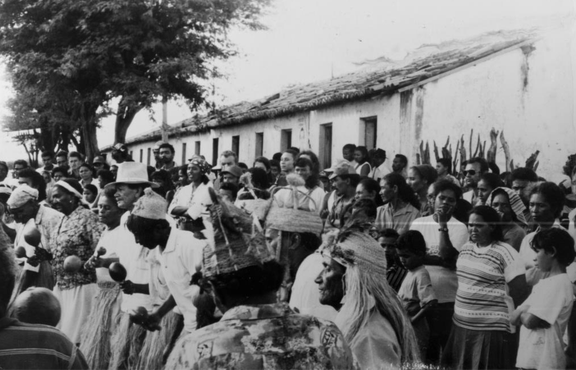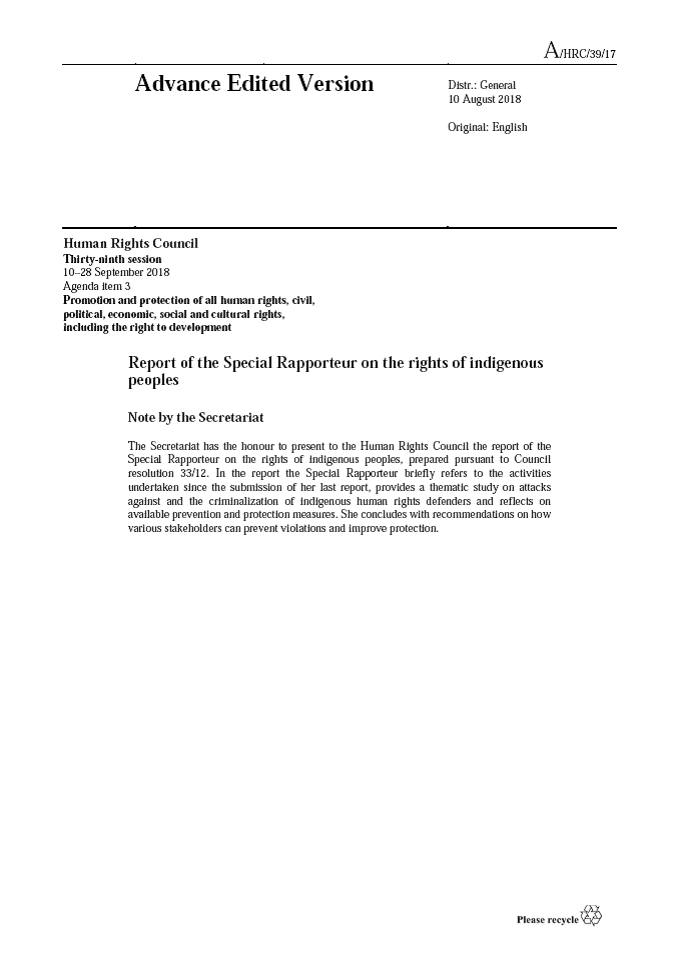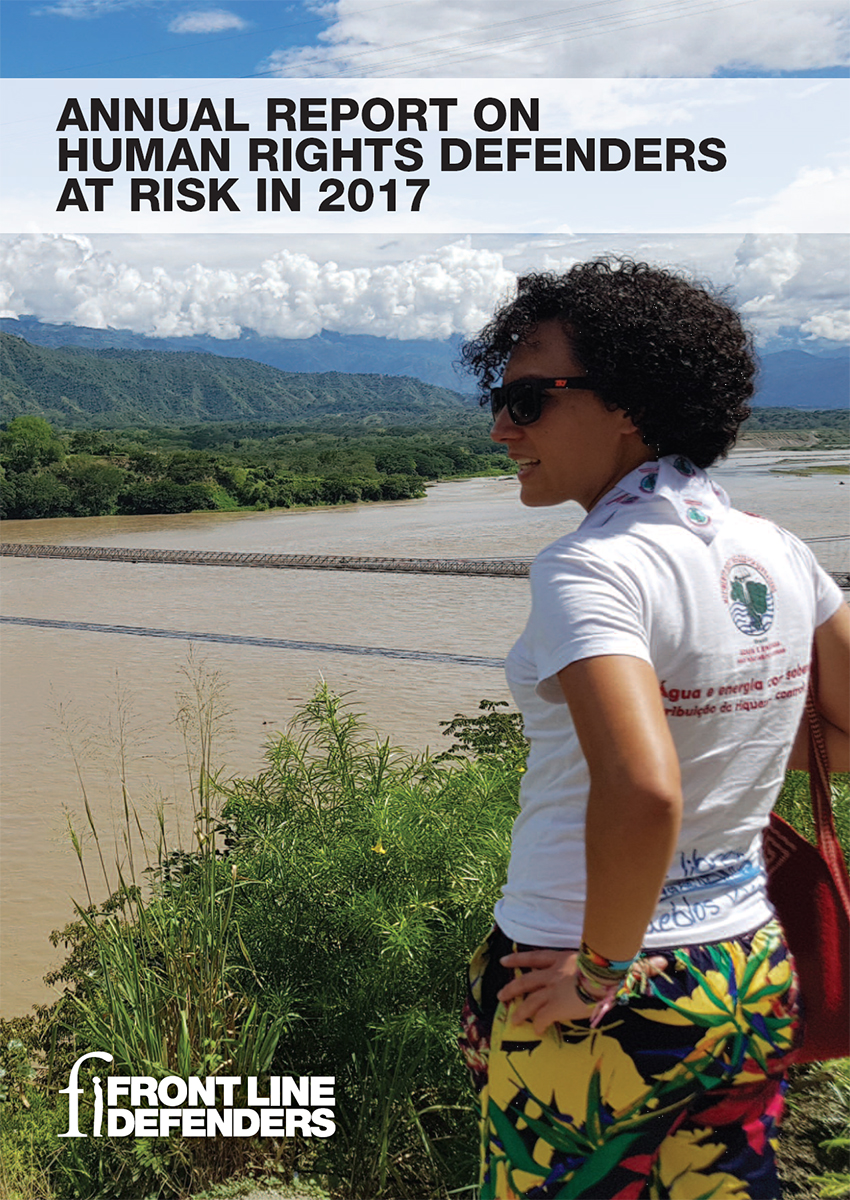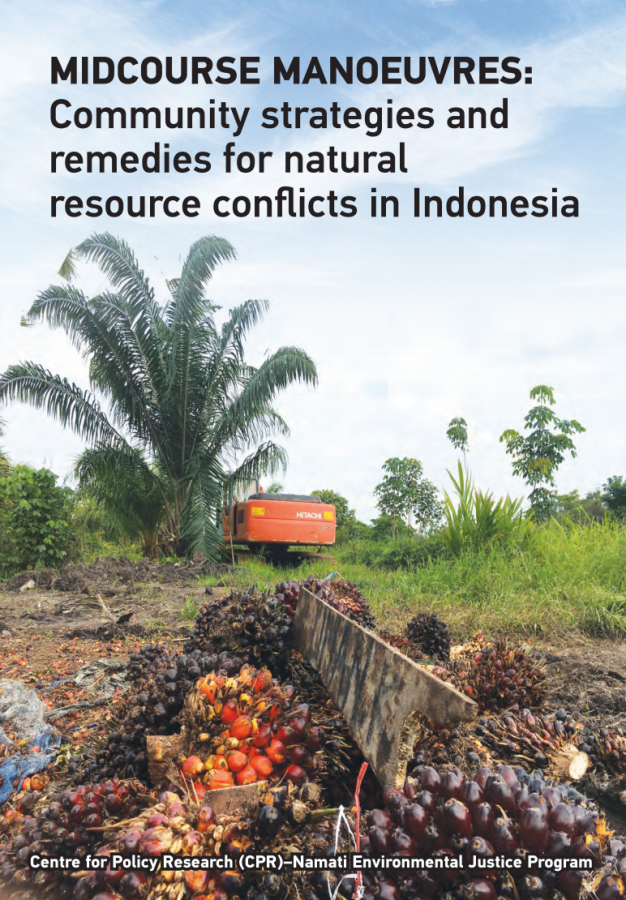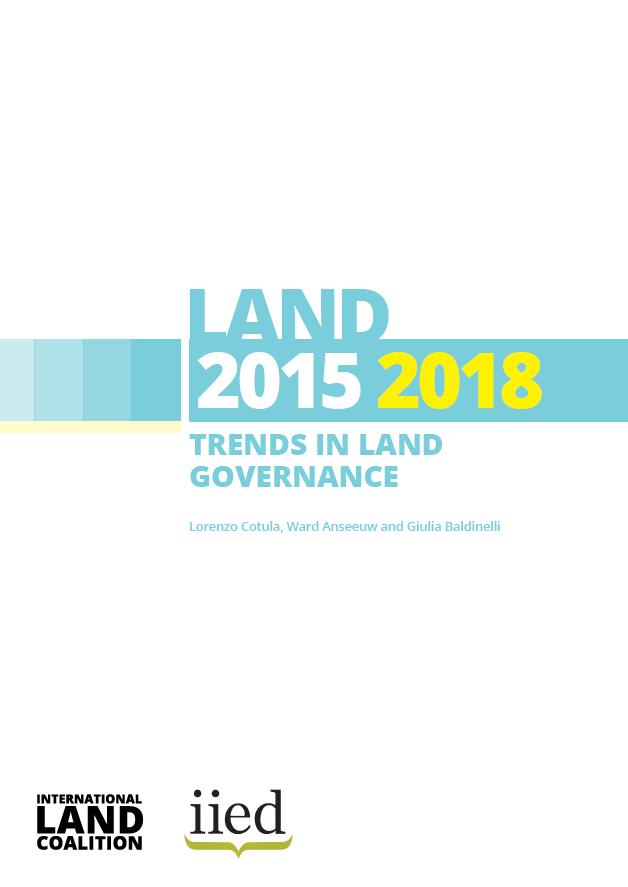Defenders Annual Report 2017
This report, and our campaign, is dedicated to all those individuals, communities and organisations that are bravely taking a stand to defend human rights, their land, and our environment.
207 of them were murdered last year for doing just that. On these pages we remember their names, and celebrate their activism.
And we reiterate our resolve to stand alongside those who continue the struggle for a better world and shine a light on these issues which are too often hidden from sight.
You are not alone. Justice will be done.


